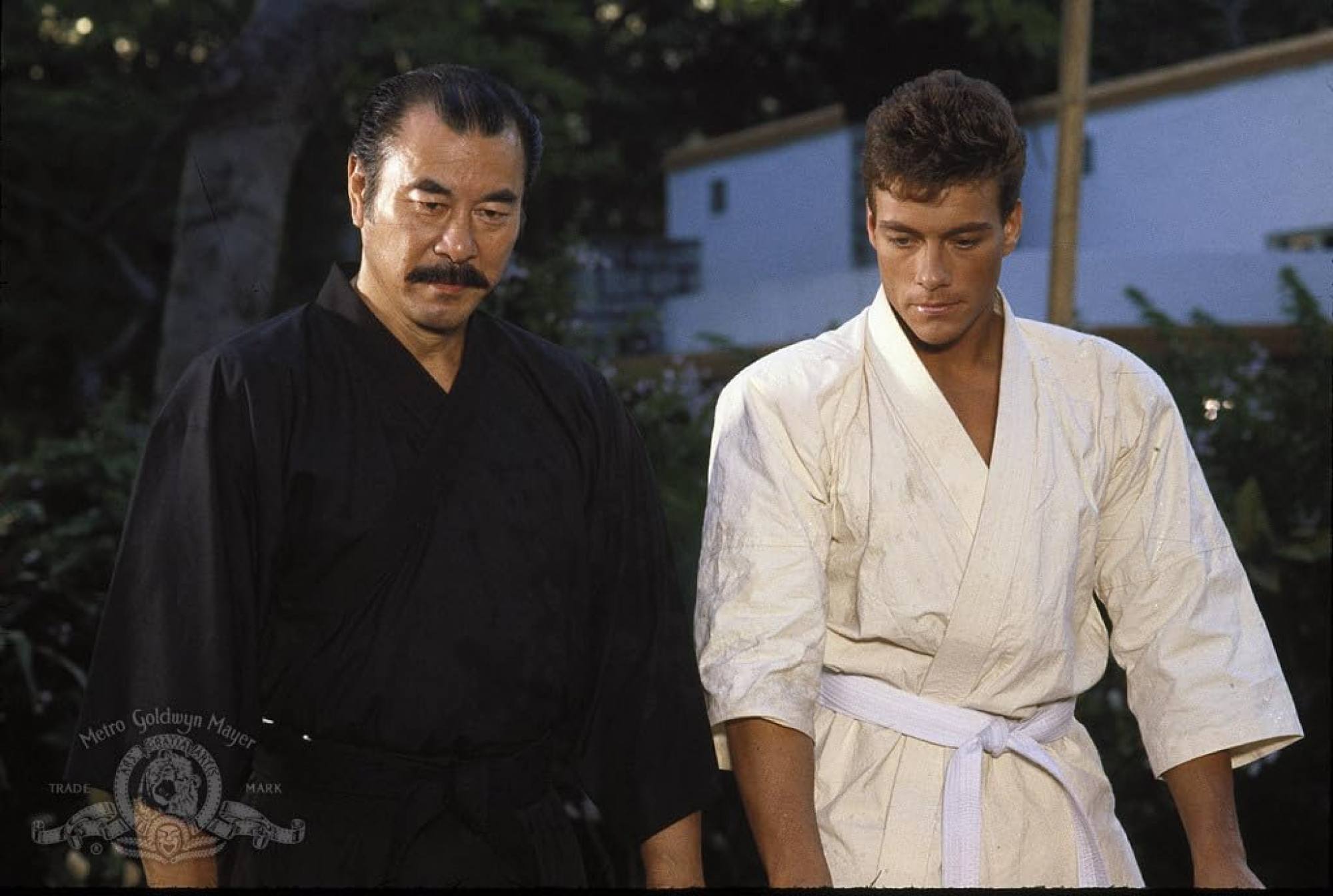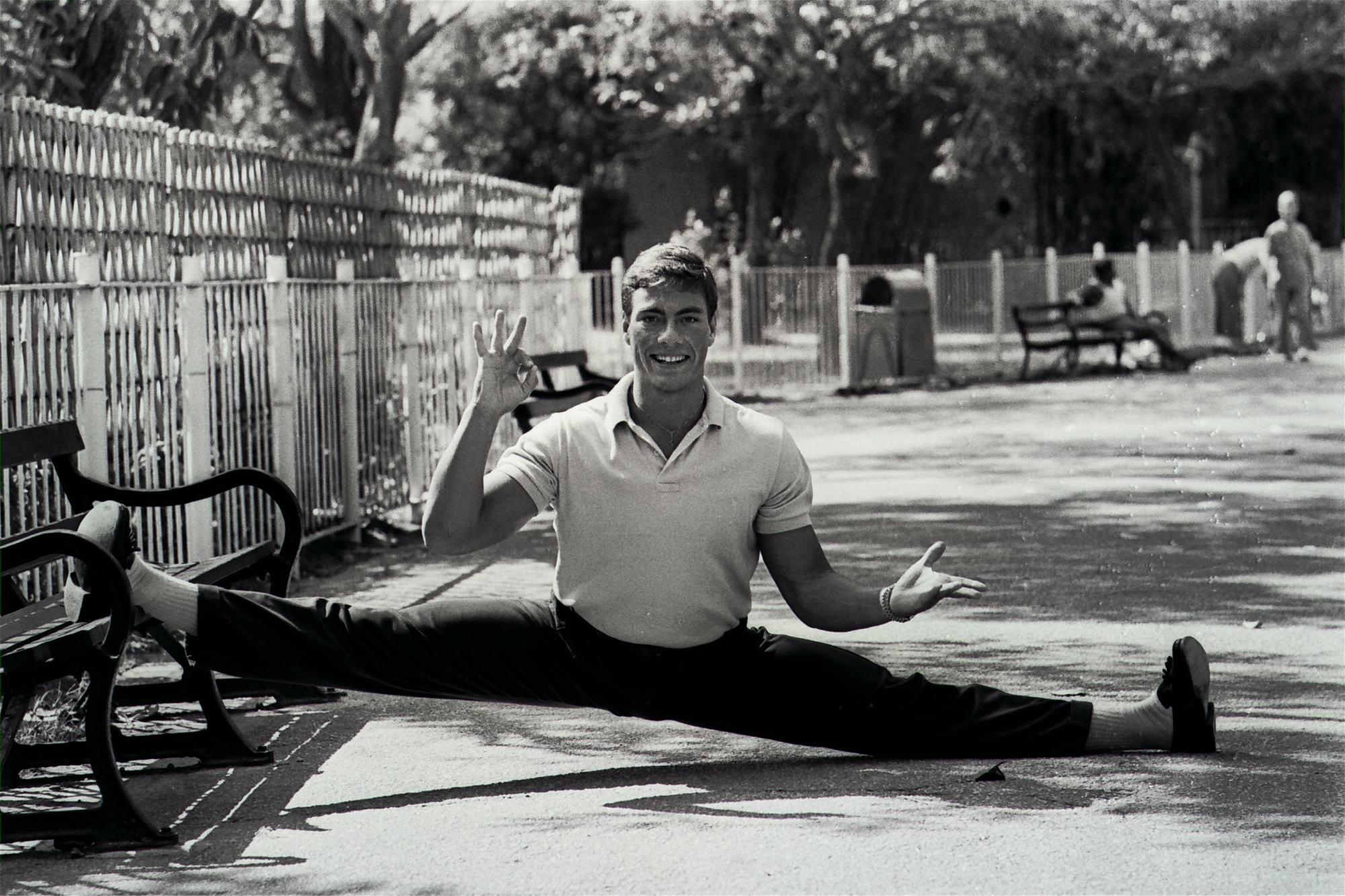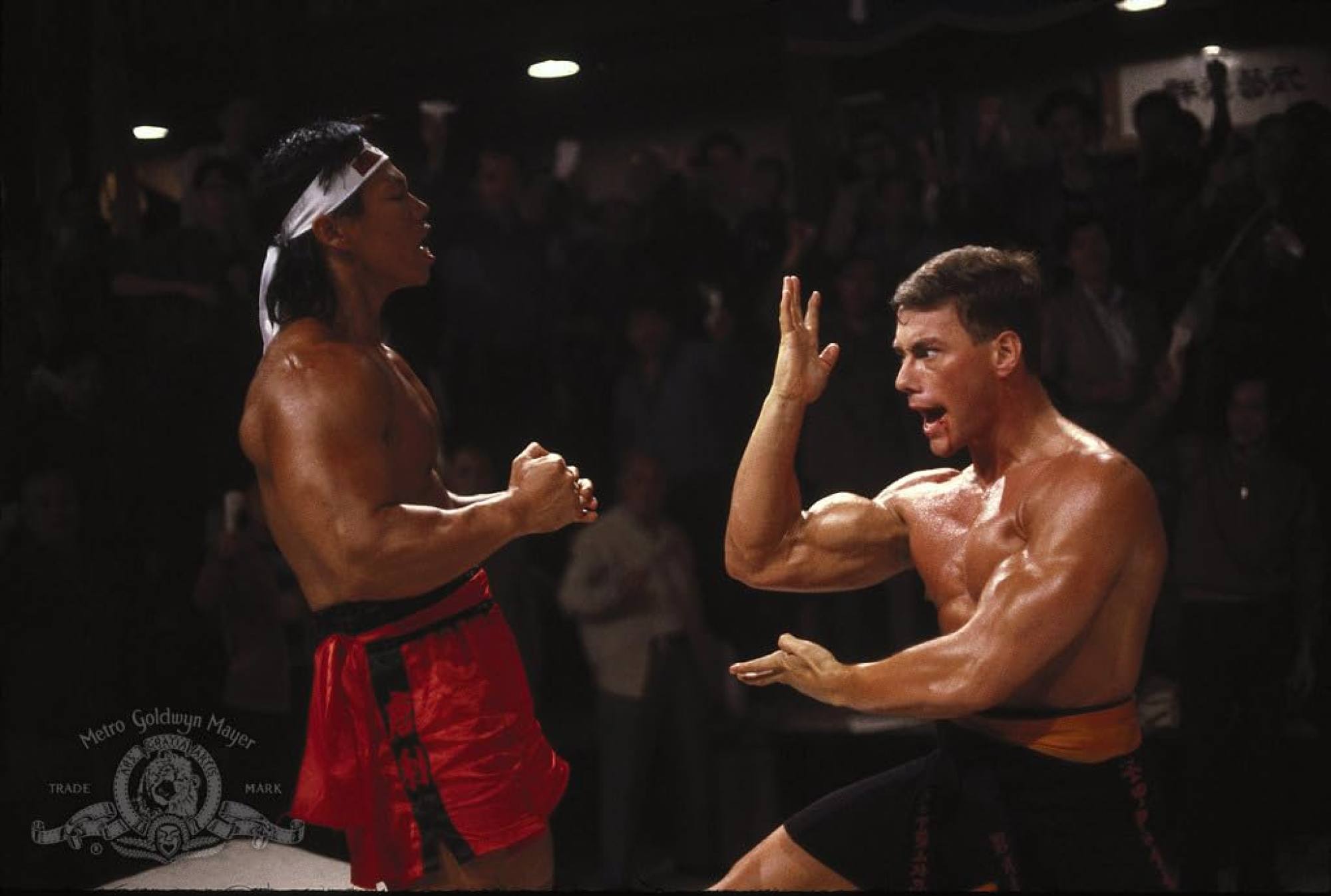In a 1980 article in Black Belt magazine, he told writer John Stewart he was the first Westerner to win a top-secret fighting tournament called the kumite (pronounced “ku-mi-té”), held every five years in exotic locations around the world.
Van Damme showed similar levels of pluck. Having won the 1979 European Karate Championships, he left Belgium for Los Angeles with just US$2,000 to his name, waiting tables and sleeping in his car while trying to kick-start his Hollywood career.
Why Jet Li’s Danny the dog role in Unleashed didn’t help him crack Hollywood
Why Jet Li’s Danny the dog role in Unleashed didn’t help him crack Hollywood
When he spotted Menahem Golan, co-owner of Cannon Films, outside a restaurant, he did one of his trademark high kicks, just missing Golan’s face. Impressed, Golan agreed to a meeting at which Van Damme did the splits – another trademark move – and begged for a break.
“I was looking in his eyes, but my eyes were inside his brain – honest to god it was that intense,” Van Damme told Backkicks.com. “Then he said, ‘You want to be a star? I make you a star.”
Though Golan signed him for just US$25,000, Van Damme gave Bloodsport his all. He may be awkward in the dialogue scenes, but he really sells the action, whether smashing a brick with his fist, or fighting – literally – blind, when chief antagonist Chong Li (the memorably menacing Bolo Yeung) throws powder in his eyes.

In between, there are plenty of cheesy moments. A protracted flashback shows Tanaka training Dux by making him serve tea blindfolded; plucking a goldfish from a pond with one hand; then doing the splits while tied to two trees. The success of 1984’s Karate Kid meant scenes of elderly Asian men giving their young charges pointless tasks were practically obligatory.
Elsewhere, the sexual politics are regrettable, the dialogue laughable and the Chinese depicted as grasping, chain-smoking gamblers. Even Dux’s enthusiastic fixer Victor Lin (Ken Siu) is a figure of fun, with a bad mullet and ratty moustache.

It is at this point that Bloodsport’s “making of” becomes more outlandish than the film itself.
Golan hated the original cut and shelved it for two years, in which time Van Damme helped to recut the fight scenes and a distinctive soft-rock soundtrack was added. When it was finished, it required more than a high kick to change the boss’ mind – Van Damme got down on his knees and begged.
Golan relented, and the film became a box office success, making US$30 million from a US$1.5 million budget, launching Van Damme into the mainstream and spawning three increasingly tired sequels.
‘Stunts keep Chan ahead’: every 90s Jackie Chan Hong Kong film rated
‘Stunts keep Chan ahead’: every 90s Jackie Chan Hong Kong film rated
Ever the perfectionist, Van Damme’s verdict was still damning. “To be honest with you, I’m not happy with Bloodsport,” he told Backkicks.com. “To me, honestly, Bloodsport is a piece of s***.”
There was more to come. The film ends with text stating, “This motion picture is based upon true events in the life of Frank W. Dux.” Yet when Los Angeles Times reporter John Johnson began digging into Dux’s past, he found only tall stories.

What is more, a 1978 psychiatric evaluation from the military said Dux had “flighty and disconnected ideas”. When pressed on these matters, Dux suggested it was all a conspiracy to discredit him.
Bloodsport writer Lettich sees things another way. “It’s Catch Me If You Can and we caught him!” he told the Indie Film Hustle podcast. “I’m tired of talking about Dux, because he tells lies about Bloodsport and how it came together … it’s all bulls***.”
How is that for fake news?

